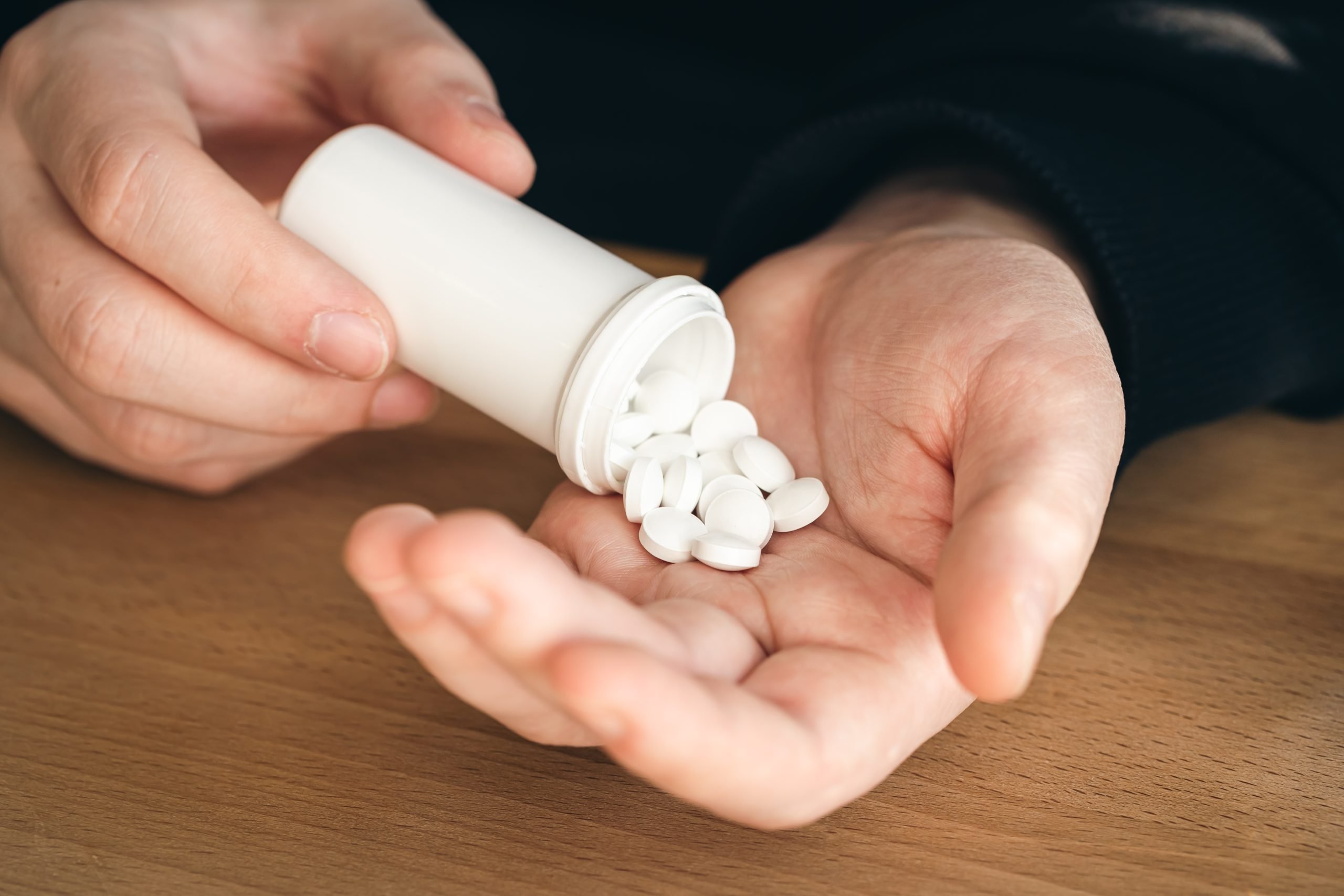A new study from the University of Sydney has yielded its results. biodegradable polypropylene using two fungal strains. This type of plastic is difficult to recycle and is very common: it is often used in packaging, toys, furniture, and the fashion industry.
Polypropylene makes up about 28% of all plastic waste in the world. However, only 1% is recycled. Hence the relevance of a study published in npj Materials Degradation led by Amira Farzana Samat, PhD student in the Department of Chemical and Biomolecular Engineering.
Two common strains of fungi were used in the experiment: Album of Aspergillus terreus and Engyodontium. After treating the plastic with ultraviolet light or heat, the fungi were able to break down the polypropylene. In the first 30 days they reduced it by 21%. After 90 days, the material decomposed between 25% and 27%.
“Polypropylene is widely represented in plastic waste and pollution worldwide,” Farzana Samat explained in a statement released by the University of Sydney. The two fungi used to break down plastic are commonly found in soil and plants.
Mushrooms as a reaction to plastic pollution

Plastic pollution is by far one of the biggest waste problems on the planet. An estimated 109 million tons of plastic pollution have accumulated in the world’s rivers. About 30 million ended up in the oceans. Everything gets worse it is believed that plastic will exceed the total mass of the fish, said Frazana Samat.
The study explains that polypropylene is rarely recycled due to its short-lived use as a packaging material. In addition, it is commonly mixed with other materials and plastics, making it difficult to process. The search for natural processes that can speed up the degradation of plastic has inspired testing with micro-organisms such as these fungi.
Dee Carter, a mycology expert and co-author of the study, explained that fungi are incredibly versatile and can break down almost any substrate. “This superpower is due to the production of powerful enzymes that are excreted from the body and used to break down substrates into simpler molecules that can be taken up by fungal cells,” the specialist said.
The researchers now hope to improve the overall degradation of polypropylene before seeking investment to expand the technology. The ultimate goal is development small pilot prototype for commercialization.
Source: Hiper Textual













